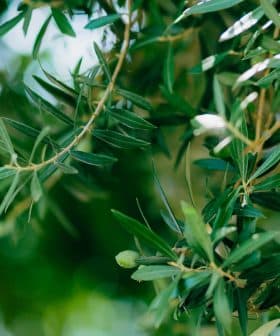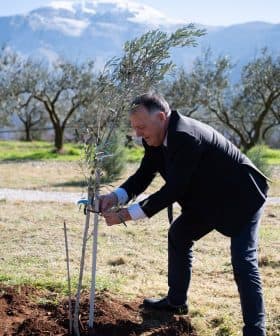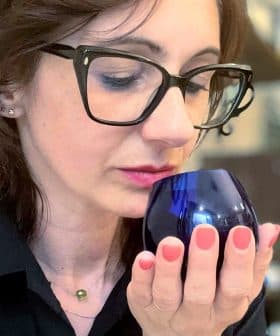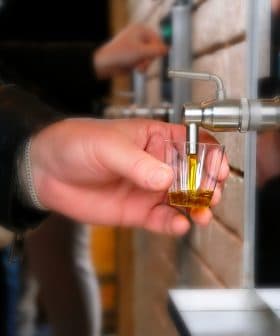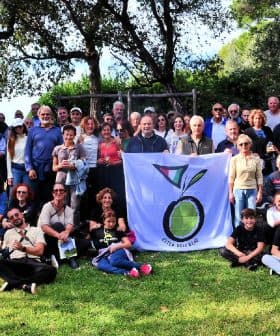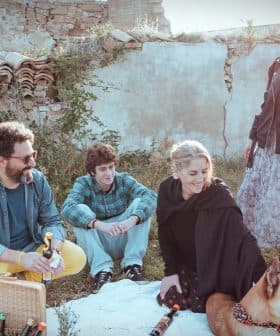Despite Challenges, Soap Production Continues in West Bank
While the majority of Palestine’s soap factories have closed after years of occupation and economic hardship, a few have managed to hang on. Giving a modern twist to ancient practices, some producers are not ready to wash their hands of the business yet.
The city of Nablus in the West Bank has a long history of producing Nabulsi soap, with the industry dating back to the 10th century and reaching industrial scale in the 14th century. However, environmental, economic, and socio-political challenges have reduced the number of soap factories from 42 to just three, with the Tuqan Factory being one of the few remaining, facing obstacles such as rising olive oil prices, land shortages, and Israeli checkpoints. Despite these difficulties, the soap industry in Nablus remains resilient, with companies like the Nablus Soap Company adapting to modern challenges, continuing to produce traditional Nabulsi soap, and exporting it worldwide.
The city of Nablus, in the northern West Bank, has long been known for its production of olive oil soap.
These small, white, nearly scentless blocks of Nabulsi soap have been manufactured in the area since the 10th century, with the practice progressing to an industrial scale around the 14th century.
We’re dealing with these products emotionally, not only for money.
By the early 1900s, 42 Nabulsi soap factories were supplying half the soap in Palestine, sending products across the Arab world and even exporting as far afield as Europe and the United States.
However, a myriad of environmental, economic and socio-political hardships that have struck the West Bank in recent decades has reduced those 42 factories to a meager three.
See Also:Olive Oil CultureThe Tuqan Factory, the Nablus Soap Company and the Shaka’a family have continued to develop and adapt their businesses despite adversity, ranging from rising olive oil prices to military occupation.
The Tuqan factory is owned by the Tuqan clan, a prominent Palestinian family that dominated the political and economic spheres during the 18th century.
Historically, the Nablus soap industry was run by political leaders, nobility and powerful merchants, who used their associations to consolidate the main forces of production: farmers who produced the olive oil, Bedouins who provided the labor, artisans who crafted the soaps and traders who were able to reach broader markets such as those in Egypt and Syria.
In order to establish and finance a centralized rule over the city, the Tuqan clan acquired several Nabulsi soap factories. Although most of the factories were lost with the family’s decline in the 19th century, they retained the Tuqan Soap Factory, located in the Qaryun quarter of the old city of Nablus.
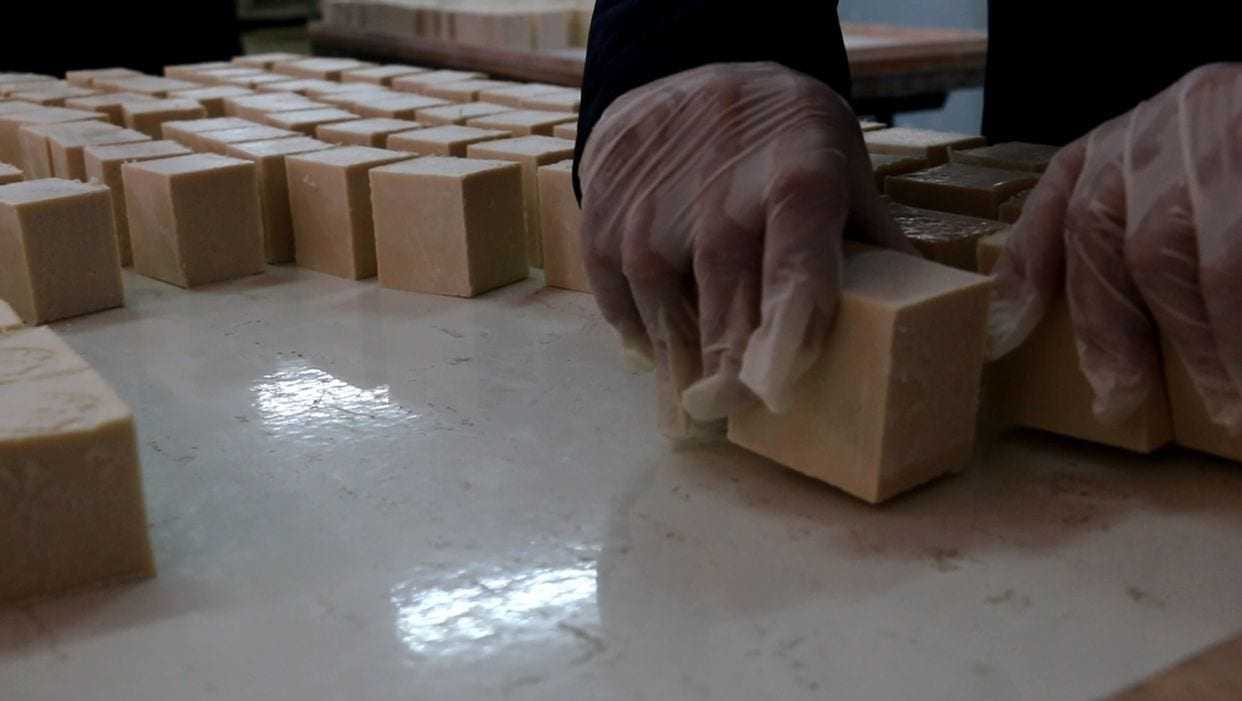
Traditional olive oil soap production is still done by hand in Palestine.
The Tuqan factory is housed in a large, rectangular stone structure, sparsely decorated with a spacious hall where the soap is made. Traditionally, each factory had a particular architecture, and each room, as well as each individual involved in the systemized process, held cultural significance.
The three ingredients – olive oil, water and baking soda – used to be mixed by hand in a large copper pot. Now, an automated mixer cuts the process down by several days and the soap is heated over gas instead of the dried olive husks that were burned in the past.
Once the mixture is finished cooking, it is tasted for quality, spread over the large stone floor and left to cool. As it solidifies, individual bars are cut and stamped with the family’s al-Muftaheen logo.
Finally, the bars are stacked into the large, conical towers for which the Nablus soap industry is famed. The towers allow air from the open windows to circulate between each bar. This final drying process can last a month or longer, depending on the time of year.
Once dried, the bars are hand-packaged in a wrapper also bearing the family’s emblem.
It hardly comes as a surprise that this ancient practice struggles to survive in light of modern soap-making technologies, which require fewer workers, hours and dollars.
One of the major factors contributing to Nablus’ vanishing soap industry is the scarcity of affordable olive oil within Palestine.
“The Palestinian population is expanding, meanwhile there’s a shortage of land allotted to grow olive trees,” Mujtaba Tebeileh, owner of Nablus Soap Company, told Olive Oil Times. “So in the last 30 to 40 years, the amount of land where we can plant trees has become less and less, because of the control of Palestinians.”
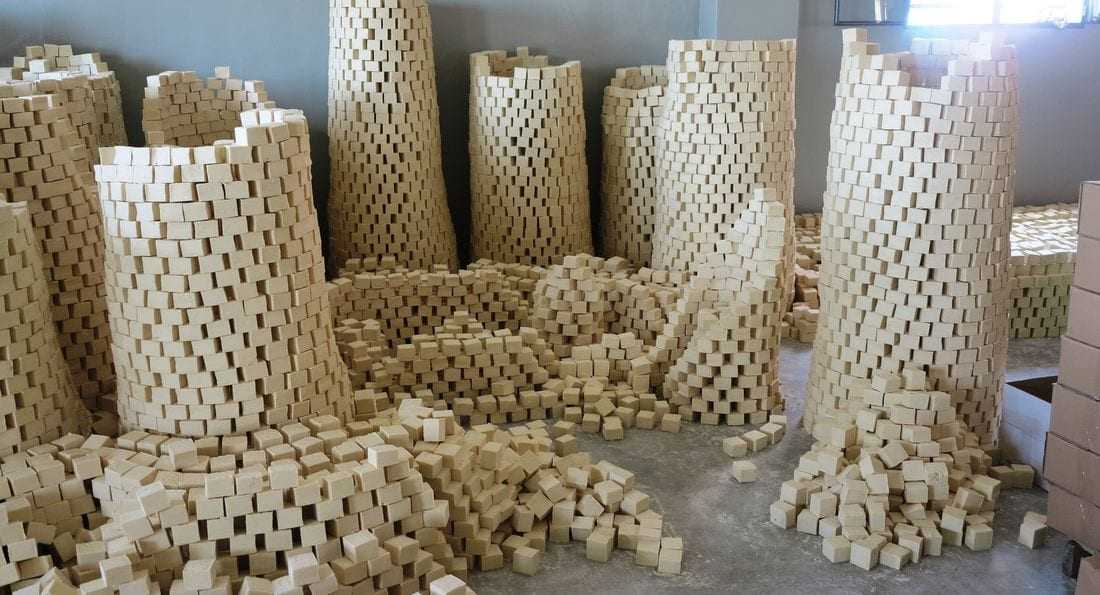
Once the soap has been cut into blocks, it is stacked into conical towers and left to dry.
Tebeileh added that olive oil consumption in Palestine has risen over the previous decades, along with the population, and olive harvests have stagnated. This combination has meant there is less available olive oil for soap production.
The historic abundance of olive trees in Nablus made the city an important center for olive oil production, and thus Nabulsi soap. When cash crops began dominating the area in the late 19th century, about 40,500 hectares (100,000 acres) of olive groves were planted on land now belonging to both Israel and the Palestinian territories.
However, this abundance ultimately led to exploitation, as Israel claimed much of the land and the trees that were growing on it. Tebeileh mentions an additional impediment.
“Foreign international countries have started to buy Palestinian olive oil because it comes from the holy land, so the price has become very high,” he said.
The Nabulsi soap companies, Tebeileh said, could not compete.
Foreign occupation has also heavily affected how trade works in the soap industry. Raw materials, such as the olive oil being imported from Italy and Spain, as well as large quantities of baking soda, must pass through an increasing number of checkpoints introduced by Israeli authorities.
Tebeileh says that exporting his soap back out to the 72 countries he serves is even more difficult; a 100-mile trip to the seaport can take more than three days.
“That means costs, many costs.” he said. Passing through the Israeli checkpoints also means that Tebeileh needs to have the necessary permits.
“If they want to give me a permit, they can,” he said. “If they don’t, there’s no rule in the world that forces them to give me this permit.”
Despite these difficulties, which are only exacerbated in the Covid-19 pandemic, Tebeileh said that his company is doing well.
He makes 400 variations of Nabulsi soap – some containing hemp, essential oils or fruits – and exports them across the globe.
He has traveled to every soap-making destination, sharing the technique and culture of olive oil soap and learning about its production elsewhere.
Perhaps most importantly, Tebeileh takes immense pride in his work. He said that his family has been in the soap making business for 1,000 years, and eventually he will pass the legacy on to his children, who he says insist on continuing the company’s storied legacy.
“We’re dealing with these products emotionally, not only for money,” he said.
Although Palestine’s impossible circumstances threaten to shutter nearly every Nabulsi soap factory, the industry has managed to retain its craft.



